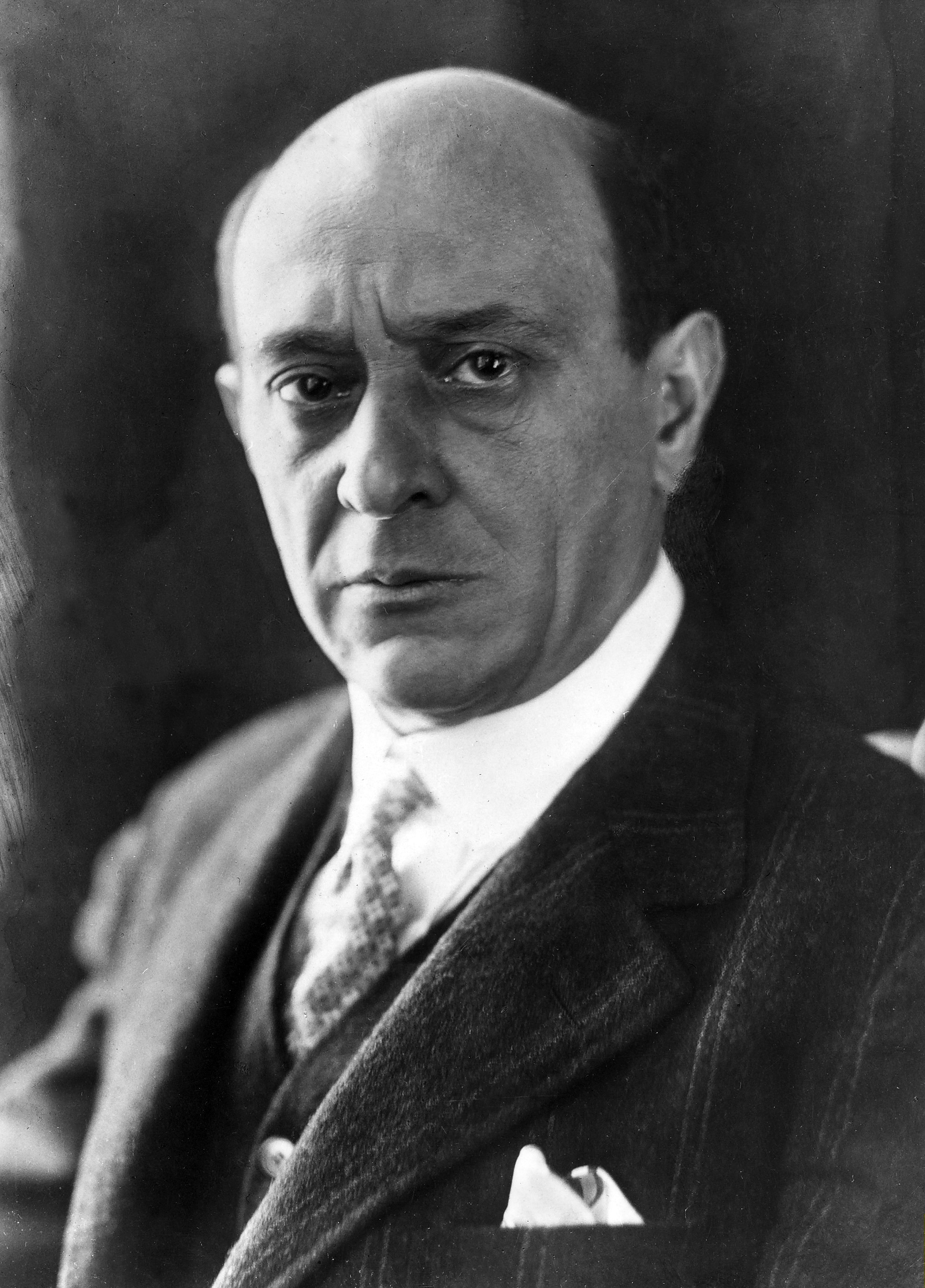Moses und Aron is an opera in two acts by the Austrian composer Arnold Schoenberg . He composed it to his own libretto (text), based on the biblical Book of Exodus. Schoenberg wrote the whole libretto and the music for the first two acts between 1930 and 1932, but he did not complete the music for the third act. A concert performance of the first two acts was given in Hamburg, Germany, in 1954. It was first performed as a staged work in Zurich, Switzerland, on June 6, 1957.

The opera, composed in Schoenberg’s 12-tone system, contrasts the difference between Moses and his brother Aaron as they lead the Jews out of Egypt. Moses receives the messages from God but lacks the communication skills of his brother Aaron. While Moses is on Mount Sinai receiving the tablets bearing the Ten Commandments, Aaron persuades the Israelites to fashion a golden calf as a tangible symbol that they, as an unsophisticated people, can worship. Moses returns to find an orgy in progress. In a fury, he hurls down the tablets he is carrying, and they shatter. He determines to be released from his mission as God’s instrument. Act III, which exists as a libretto only, would have dealt with his eventual triumph in the desert.
